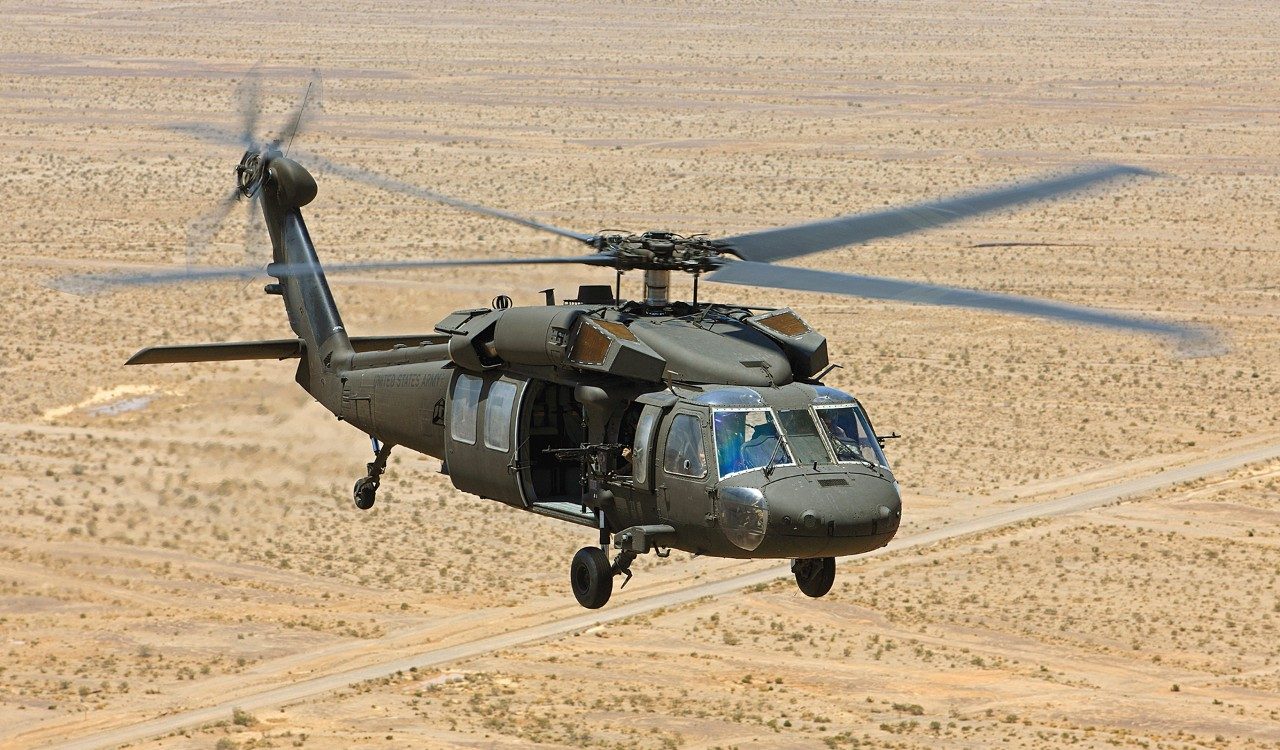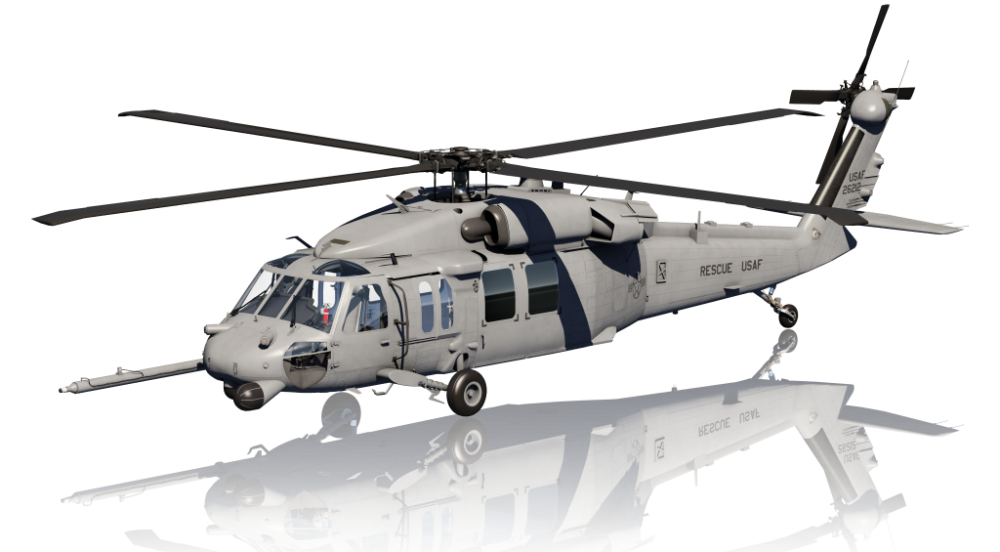UH 60 Black Hawk: From Idea to Modern Applications
UH 60 Black Hawk: From Idea to Modern Applications
Blog Article
The Effect of Sustainable Practices on the Future of Aircraft Operations and Emissions Decrease
As the aeronautics market faces enhancing examination over its ecological influence, the fostering of sustainable techniques becomes a crucial pathway towards future aircraft operations and discharges reduction. Innovations in lasting aeronautics gas and improvements in hybrid propulsion innovations stand at the forefront of this makeover, appealing significant reductions in greenhouse gas discharges. The successful combination of these efforts hinges on a selection of factors, consisting of regulatory frameworks and industry partnership. The inquiry continues to be: just how will these progressing methods improve the dynamics of air traveling and add to an extra sustainable future?

Introduction of Sustainable Practices
Lasting techniques in aircraft operations incorporate a variety of techniques targeted at reducing environmental influence while preserving functional efficiency. These practices are crucial in the aviation sector's commitment to minimizing its carbon footprint and adhering to global environmental criteria. Key initiatives include maximizing flight paths to reduce fuel consumption, improving upkeep procedures to guarantee airplane run at peak performance, and carrying out sophisticated technologies such as winglets and lightweight products that improve aerodynamics.

Involving and educating team on sustainability practices additionally play a vital role, cultivating a society of environmental obligation within organizations. On the whole, the assimilation of these lasting practices not just aids decrease emissions yet likewise enhances the lasting stability of the aviation field, ensuring it satisfies the needs of both customers and governing bodies while adding to global sustainability goals.
Innovative Gas Alternatives
Numerous ingenious gas alternatives are arising as crucial options to lower the air travel market's dependence on standard nonrenewable fuel sources. Among these choices, Lasting Aviation Gas (SAFs) have actually obtained substantial interest because of their prospective to lower lifecycle greenhouse gas discharges by as much as 80% contrasted to traditional jet fuels. SAFs are derived from different feedstocks, including waste oils, agricultural deposits, and even algae, making them a flexible alternative for the industry.
Another encouraging alternative is hydrogen fuel, which, when used in gas cells, produces just water vapor as a result. This zero-emission possible presents a considerable opportunity for decarbonizing trip operations, especially for short-haul trips and local aircraft. Additionally, electrical propulsion systems are being checked out, leveraging battery modern technology to power aircraft. While present battery ability limitations variety and haul, continuous developments might soon make electrical flights feasible for certain applications - uh 60.
Lastly, biofuels originated from biomass are being explored, offering a renewable option that can be blended with typical gas. Jointly, these ingenious fuel options stand for a crucial action towards attaining a sustainable aeronautics ecosystem, straightening with global exhausts decrease targets and boosting the sector's environmental stewardship.
Technological Innovations in Aviation

Just how can technological improvements improve the future of aeronautics? The integration of sophisticated technologies is essential in changing airplane operations, boosting efficiency, and lowering exhausts. Advancements such as electrical and hybrid propulsion systems are at the center, appealing considerable decreases in fuel consumption and greenhouse gas emissions. These systems leverage developments in battery modern technology and energy management, enabling aircraft to run with a reduced ecological footprint.
Additionally, the implementation of advanced products, such as lightweight compounds, adds to boosted aerodynamics and fuel performance. The usage of man-made intelligence and artificial intelligence in trip operations maximizes route planning and lowers fuel burn by making it possible for real-time modifications based on climate and web traffic conditions. Additionally, the development of autonomous and remotely piloted aircraft systems stands to change cargo and traveler transport, potentially enhancing effectiveness while lessening human error.
Moreover, sustainable aviation innovations, including innovative air website traffic management systems, can improve procedures and decrease blockage, resulting in reduced exhausts throughout flight. These improvements collectively stand for a standard change in aeronautics, assuring a future where sustainability and operational effectiveness are intertwined, thus sustaining the sector's dedication to minimizing its ecological influence.

Regulatory Structure and Compliance
Taking into account the expanding emphasis on ecological stewardship within the aeronautics market, the regulatory structure regulating airplane procedures is progressing to promote sustainable methods. Regulatory bodies, such as the International Civil Aviation Organization (ICAO) and different national aviation authorities, are introducing rigorous guidelines aimed at lowering discharges and enhancing functional performance.
These policies typically consist of the adoption of Lasting Air travel Gas (SAF), which has been acknowledged as a crucial component in attaining lower carbon footprints. Furthermore, compliance with these policies needs airline companies to carry out operational techniques and sophisticated innovations, such as optimized trip courses and enhanced air website traffic management, to lessen gas usage.
Additionally, the enforcement of exhausts trading systems and carbon offsetting campaigns is coming to be progressively widespread, compelling airlines to keep track of and report their discharges precisely. Non-compliance can cause significant penalties, therefore pushing operators view it to focus on sustainability in their organization designs.
Eventually, the evolving regulatory landscape not only drives development and financial investment in eco-friendly modern technologies however additionally promotes a society of responsibility within the aviation market. As these structures proceed to establish, the concentrate on lasting methods will certainly be indispensable to achieving the field's long-lasting ecological objectives.
Future Trends in Airplane Operations
As the air travel sector adapts to a progressively rigid regulatory setting, future patterns in aircraft procedures are set to focus on ingenious solutions that even more improve sustainability and performance - uh 60. Secret advancements will likely consist of the adoption of advanced air web traffic monitoring systems, which utilize real-time information and expert system to maximize flight visit the site courses, lowering fuel usage and emissions
Another considerable fad is the enhanced integration of sustainable aeronautics gas (SAFs) These alternatives to conventional jet fuel, stemmed from renewable resources, can dramatically lower lifecycle greenhouse gas discharges. The industry's dedication to SAFs will likely increase as Related Site airline companies work together with gas manufacturers to guarantee accessibility and cost-effectiveness.
Furthermore, the press towards electrification and crossbreed propulsion systems is acquiring momentum. Emerging aircraft designs will integrate these technologies, providing quieter and a lot more reliable operations, specifically for short-haul flights.
Verdict
Finally, the combination of lasting techniques in airplane operations holds considerable potential for emissions reduction and enhanced effectiveness. The fostering of sustainable air travel fuels, combined with advancements in electrical and hybrid propulsion systems, is necessary for minimizing lifecycle greenhouse gas discharges. Enhancing flight courses and accepting ingenious innovations add to a quieter and extra environmentally pleasant aviation industry. Collectively, these efforts line up with global sustainability goals and lead the way for a greener future in aeronautics.
Innovations in sustainable aviation fuels and improvements in hybrid propulsion modern technologies stand at the leading edge of this improvement, encouraging considerable reductions in greenhouse gas discharges.Countless ingenious fuel choices are emerging as crucial options to reduce the air travel market's reliance on traditional fossil gas - uh 60. Amongst these alternatives, Lasting Air travel Fuels (SAFs) have actually obtained substantial interest due to their potential to decrease lifecycle greenhouse gas discharges by up to 80% compared to standard jet gas.One more substantial trend is the enhanced assimilation of lasting aviation fuels (SAFs) The fostering of lasting aeronautics gas, combined with developments in hybrid and electrical propulsion systems, is vital for lessening lifecycle greenhouse gas emissions
Report this page